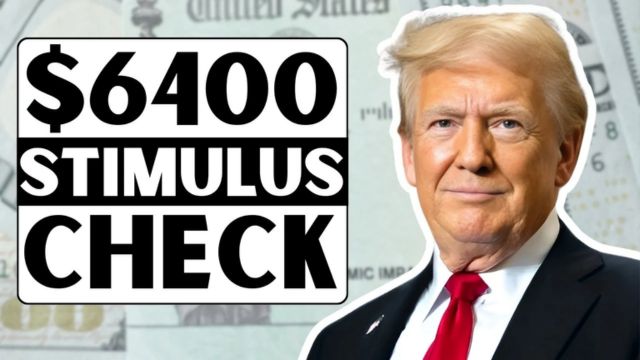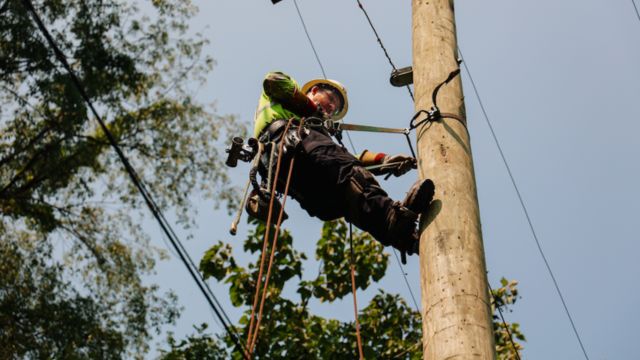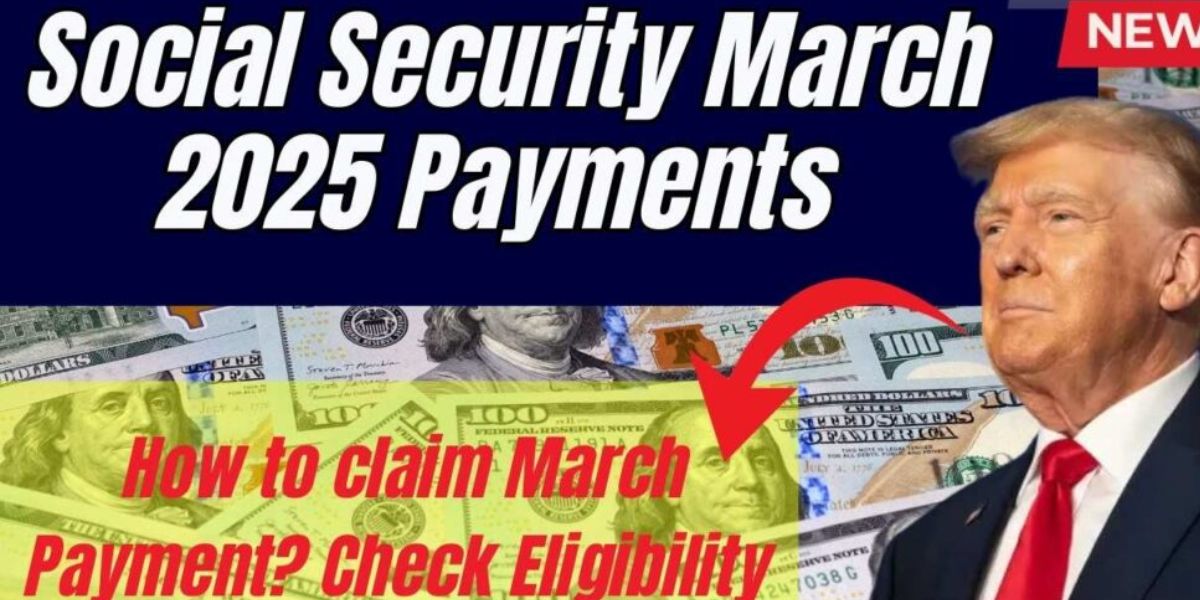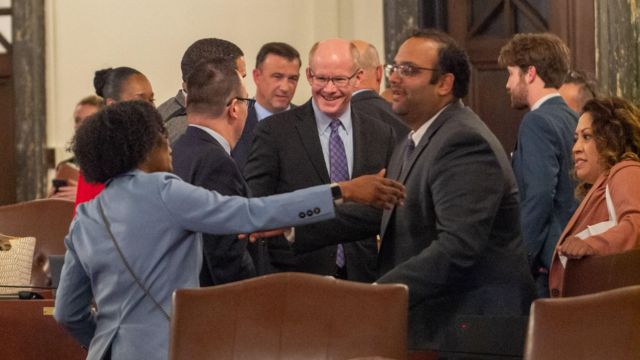In recent days, a video has gained significant traction on social media, generating both excitement and confusion among millions of Americans. The clip, featuring a voice imitating President Joe Biden, falsely claims the approval of a $6,400 economic stimulus check. However, government officials and experts have swiftly debunked the video, confirming it as entirely fabricated.
The Viral Claim
The misleading video, widely shared on platforms such as Facebook, suggests a program through which Americans can register for a prepaid “spending card” loaded with $6,400. While the proposal has sparked interest, the U.S. Department of the Treasury has categorically denied the existence of such a program.
According to Jenna Valle-Riestra, spokesperson for the Department of the Treasury, the claim is “completely false.” She emphasized that any large-scale economic relief program would require prior congressional approval, and no such measures are currently under consideration.
A Look Back at Real Stimulus Payments
To date, the federal government has issued three rounds of stimulus checks, all during critical phases of the COVID-19 pandemic:
First Stimulus Check: Issued under President Donald Trump’s administration, this payment provided $1,200 per adult and $500 for each dependent.
Second Stimulus Check: Also during Trump’s presidency, individuals received $600.
Third Stimulus Check: Authorized under President Joe Biden, eligible Americans received $1,400 per adult and the same amount for each dependent.
Each of these payments followed thorough legislative processes and was publicly announced by government officials.
The Dangers of Online Misinformation
The claim about the $6,400 stimulus check highlights how scammers exploit social media to spread misinformation and deceive the public. Such tactics are particularly effective during times of economic uncertainty, preying on individuals seeking financial assistance.
Experts warn against engaging with content that demands personal or financial information. Scams like this often direct users to unverified websites, putting sensitive data at risk.
Protecting Yourself From Scams
Here are steps to safeguard against misinformation and scams:
Verify Information: Check official government websites, such as those of the Department of the Treasury or IRS, for accurate details.
Be Cautious with Personal Data: Legitimate programs will never request sensitive information through unverified channels or social media.
Report Suspicious Content: Notify platform administrators or authorities about fraudulent posts to protect others from being misled.
No New Stimulus Checks Approved
Despite the online buzz, authorities have confirmed that neither President Biden nor Congress has approved any new stimulus checks. Rising inflation has prompted discussions about economic relief, but there are no indications of active measures toward implementing similar programs.
The $6,400 stimulus check rumor serves as a stark reminder of the importance of verifying information through reliable sources. Staying informed and vigilant can help individuals avoid scams and misinformation, ensuring their financial and personal safety.
Stay cautious, stay informed, and rely on credible sources for accurate news.







